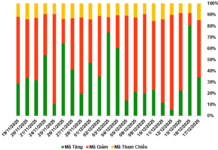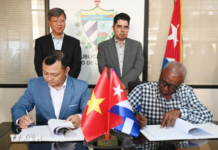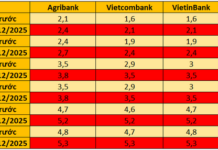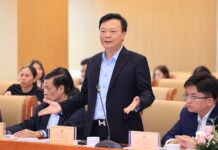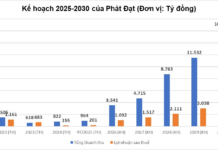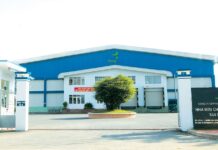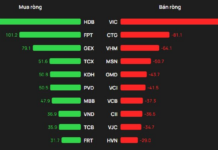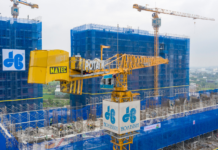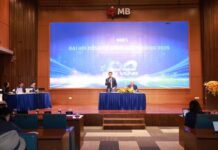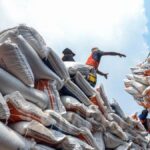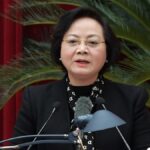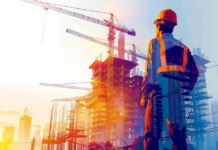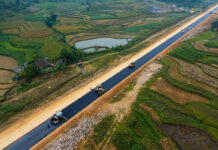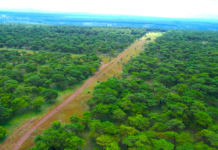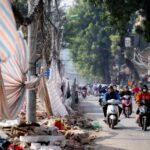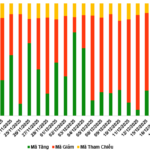
Lately, the message of “The Era of Rising” has been repeatedly emphasized by the high-ranking leaders of the Party and the Government. With the achievements made so far, Vietnam’s efforts to rise since the Renovation period are undeniable. In your opinion, why is the message of “rising” being emphasized at this point in time?
I believe that the message of the “Era of Rising” at this juncture signifies a transitional phase, as the new General Secretary aims to provide a visionary outlook for the country’s development, fueling the nation’s aspirations to embark on a new chapter with fresh perspectives, priorities, and approaches.
This message implies a significant shift, following decades of relentless renovation since the late 1980s, to establish a strong foundation and position for the country.
On the international front, we find ourselves in a world of power struggles and strategic competition. This dynamic compels nations, regardless of their size, to navigate their path accordingly. The period between 2010 and 2020 was pivotal in shaping a new world order, and within this emerging order, Vietnam, through a decade of dedication, has earned its place and garnered respect from the global community due to its steadfast commitment to multilateral development and cooperation. Our country’s adherence to cooperation, respect for the sovereignty of all nations, and active participation in building a peaceful world, along with our collective efforts to address global challenges such as reducing violence, preventing wars, and mitigating the adverse effects of climate change, have garnered strategic trust from our partner nations.
I believe this positioning is quite clear. Vietnam has earned the respect of major powers, not solely due to its geopolitical location. If it were merely about geography, many other countries would hold similar strategic importance.
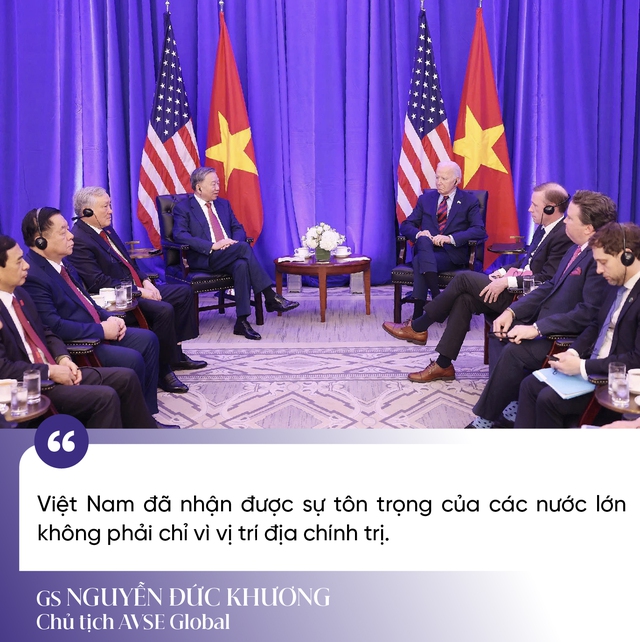
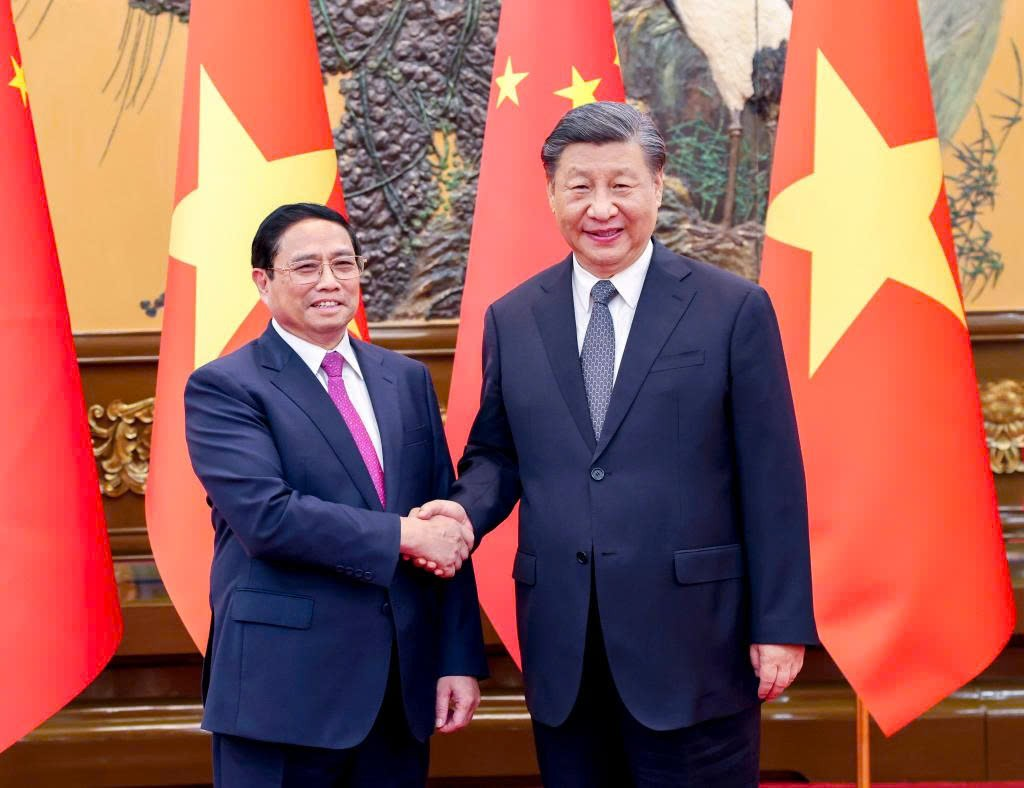
Regarding the construction of the economic, political, and social foundation, Vietnam’s overarching goal in recent terms has revolved around three pivotal pillars: institutions, infrastructure, and human resources.
The 2016-2021 government term paved the way for Vietnam to develop an innovative ecosystem, fostering the emergence of a prosperous nation and supporting enterprises in the fields of digital technology and digital transformation. Notably, there has been a strategic shift in the growth model, transitioning from a labor-intensive, capital-intensive, and resource-intensive approach to one that leverages knowledge, technological advancements, and procedural reforms.
For instance, instead of solely relying on natural resources such as crude oil, we have had to consider developing alternative sources like renewable energy to ensure energy security and mitigate potential negative impacts on the country’s future development. This mindset not only compels us to be inventive and resourceful but also helps shape the trajectory and foundation for a more sustainable economy.
In the 2021-2026 term, the government has been focusing on accelerating breakthroughs in infrastructure, a critical factor in enhancing economic efficiency and creating an attractive environment to entice large corporations to collaborate with Vietnam. Additionally, there has been a continued emphasis on promoting multilateral cooperation and elevating strategic relationships with partners to establish a conducive corridor for Vietnam’s open economy, boost export growth, and open up new avenues for Vietnamese enterprises to penetrate potential markets.
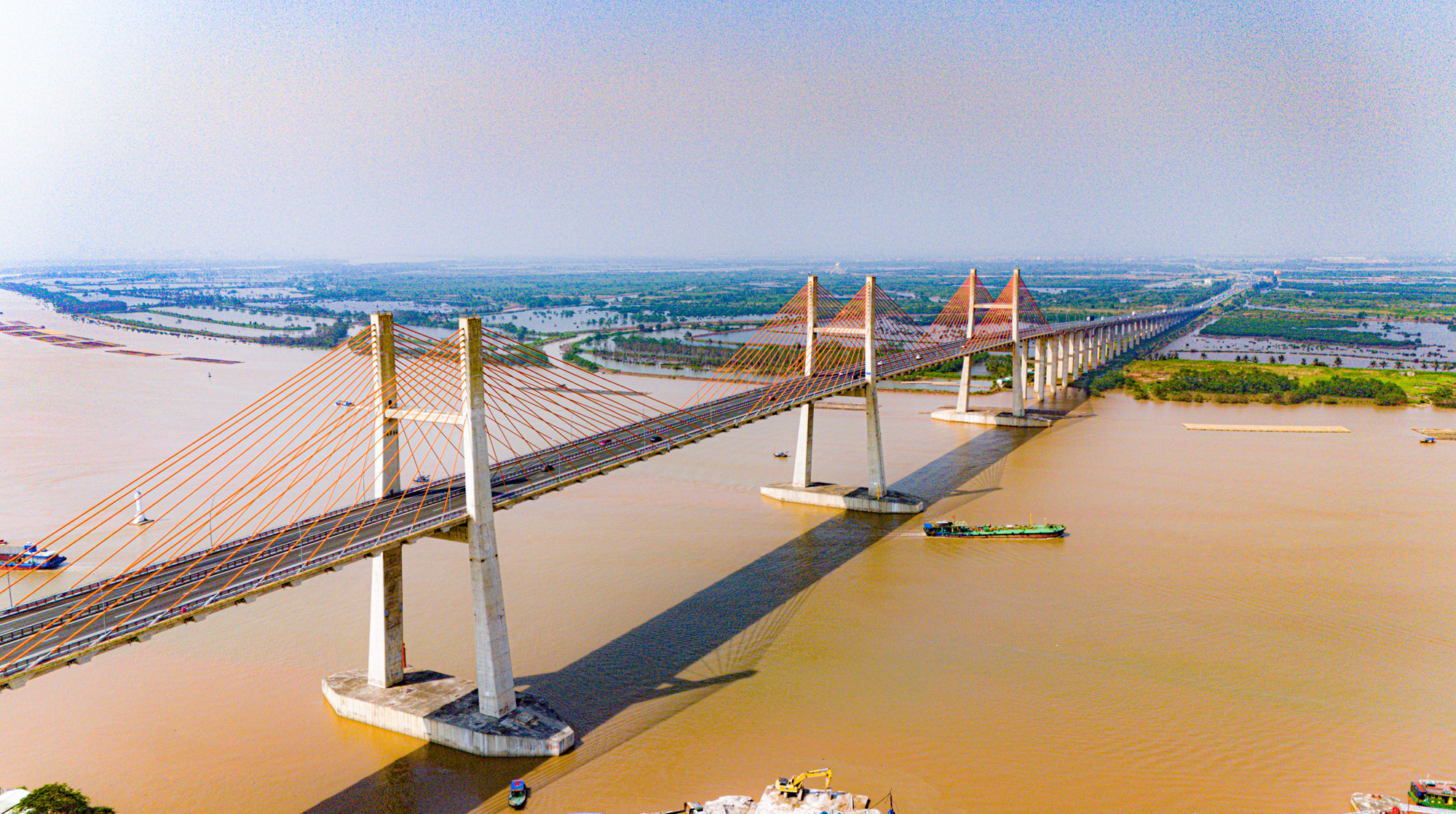
Another notable hallmark of our recent development is maintaining macroeconomic stability. Vietnam remains an attractive destination for foreign businesses. In the first ten months of 2024 alone, we recorded more than $27 billion in foreign direct investment. According to the World Bank’s 2024 Doing Business report, Vietnam ranked among the top ten countries with the most efficient business operations.
More importantly, we have identified indispensable reforms that are crucial for our long-term survival and sustainability. By addressing these reforms, Vietnam can aspire to go further and forge its unique development model.

If we are already making progress and undergoing changes, what makes the message of the “Era of Rising” so significant?
When we speak of the “Era of Rising,” I view it as a message that reminds us of our nation’s aspirations. Throughout our history, Vietnam has always strived to rise. However, in today’s dynamic and ever-changing world, this call to action serves as a rallying cry to focus our resources and create breakthroughs that will propel us to rise with greater force.
This message signifies Vietnam’s determination to embark on a new cycle of more robust development, leveraging the advantages and foundations we have built. The key lies in identifying the areas that pose the most significant impediments to growth and development and addressing them with innovative thinking and novel approaches. Only then will we have the opportunity to rise with strength and resilience.
In your opinion, how far can we rise? Are we aiming for high-income status or to lead in specific fields?
Our country has already set forth a clear vision and specific goals. Vietnam aspires to be a developing country with a modern industry and upper-middle income. By 2045, Vietnam aims to become a developed country with high income. We have also charted a path toward environmental and social sustainability, with a target of achieving carbon neutrality by 2050.
These are ambitious goals that require the participation and contribution of all economic sectors and citizens. I believe that our development trajectory should emphasize the importance of surpassing ourselves, overcoming internal challenges, and rising above our limitations. Comparisons with other nations are relative and serve the purpose of positioning Vietnam in the present context, evaluating our resources and efforts, and identifying areas where we can bridge the gap with leading developed countries.
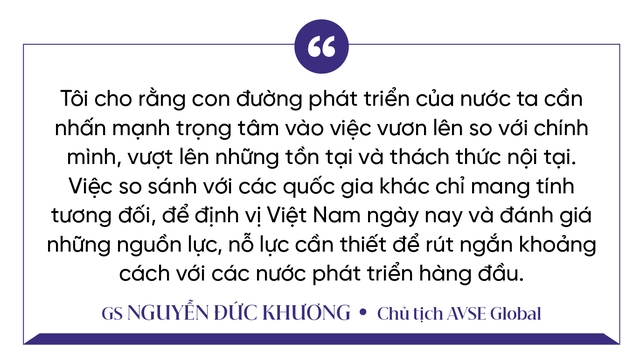
To truly rise, we must bring about remarkable advancements in our institutions, infrastructure, and human resources, thereby effectively mobilizing our people’s strength, harnessing our resources, and attracting external investments. While it may be relatively easy to surpass others in a single indicator, leading in just one or a few indicators is insufficient to assert a country’s standing and influence.

What are the existing challenges and critical points that we need to address head-on to rise and achieve our aspirations?
Regarding the topic of rising, we have already touched upon various aspects. In my opinion, institutional reform and creating a more relaxed mechanism are of utmost importance. Issues like corruption and wastefulness are external manifestations of an imperfect and incomplete system.
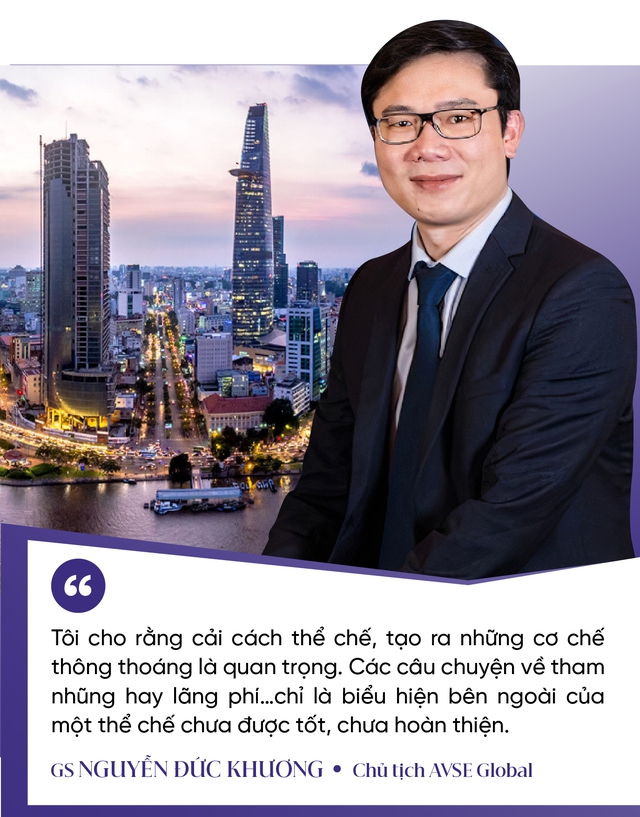
I firmly believe that once we establish a more relaxed mechanism and strengthen our internal capabilities, Vietnam’s appeal to the international community will grow exponentially. This will be the pivotal moment when new growth drivers converge, revolving around future-oriented elements such as the digital economy, green economy, data technology, artificial intelligence, and semiconductors.
We need to carefully consider and create an environment, corridor, and legal framework that enables domestic entities to thrive and collaborate toward shared goals.
To usher in the “Era of Rising,” we are faced with a multidimensional challenge. From streamlining and enhancing the capabilities of our government apparatus, reforming the legal system, advancing science and technology, and investing in human capital to proactively integrating into the international arena, each issue is interconnected and poses urgent requirements. Identifying the right focus, embracing innovative approaches, and ensuring thorough implementation are the key factors that will determine our success.
The “Era of Rising” signifies our acknowledgment of the multifaceted challenges we face and our determination to tackle them head-on. By setting a clear roadmap for each issue and harnessing the collective strength of all stakeholders in the discussion and execution process, we will achieve success. Human resources, education and training, and science and technology remain at the core of our nation’s economic efficiency, competitive edge, and sustainable development within the context of international equilibrium and geopolitical shifts.
Thank you for your insightful perspectives!
The Unstable Price of ‘White Gold’: A Story of Struggling Divers
Vietnam has been recognized for its potential to excel in the salt industry. However, the predominant manual production methods and the dispersed nature of small-scale salt farmers have resulted in low salt yield and quality. To break free from poverty, it is imperative to focus on multiple crucial objectives outlined in the plan for the development of the salt industry by 2030.
The Art of Drafting: Crafting a Compelling Title for “Finalizing the Draft Decree on Policies for Officers during the Streamlining of Apparatus”
According to Minister Pham Thi Thanh Tra, regarding policies for officers, civil servants, and public employees in the context of organizational restructuring, the Ministry of Home Affairs has finalized the draft decree. The decree has been reported to the Party Committee and the Government’s Steering Committee for a report to the Politburo in the nearest time.

